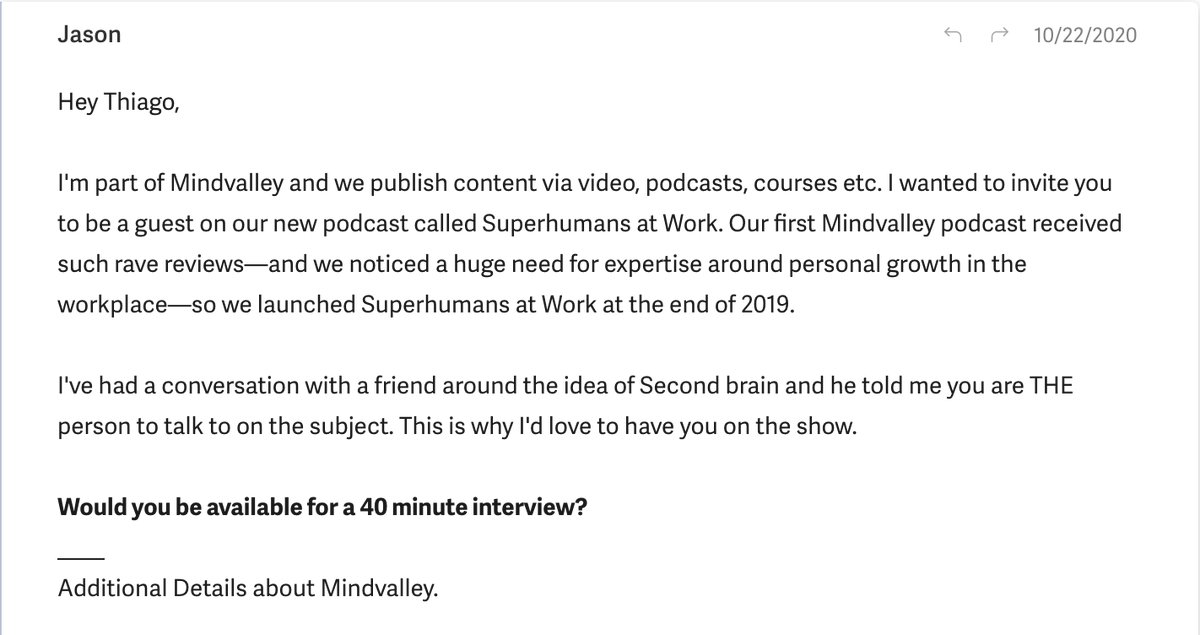
1/ As I see people start on the path of creating CBCs (cohort-based courses), there's a way to tell where they will do well and where they'll struggle:
It comes down to which of these adjacent identities they're coming from:
1. Consultant
2. Coach
3. Contractor
4. Creator
It comes down to which of these adjacent identities they're coming from:
1. Consultant
2. Coach
3. Contractor
4. Creator
2/ 1. Consultant
They will understand high-touch customer service, the importance of managing expectations, and be able to pivot on the fly
They'll have trouble creating reusable assets, articulating their ideas precisely, and high production values for course content
They will understand high-touch customer service, the importance of managing expectations, and be able to pivot on the fly
They'll have trouble creating reusable assets, articulating their ideas precisely, and high production values for course content
3/ 2. Coach
They'll do well in real-time interaction, listening for the question behind the question, and building motivation
They'll struggle in creating high-level frameworks/models, completing and shipping course deliverables, and motivating themselves
They'll do well in real-time interaction, listening for the question behind the question, and building motivation
They'll struggle in creating high-level frameworks/models, completing and shipping course deliverables, and motivating themselves
4/ 3. Contractor
They'll do well at carefully scoping deliverables/outcomes, managing progress against the schedule, & coordinating w/ a team
They'll struggle in adapting teaching on the fly, creating and teaching abstract concepts, & learning skills outside their wheelhouse
They'll do well at carefully scoping deliverables/outcomes, managing progress against the schedule, & coordinating w/ a team
They'll struggle in adapting teaching on the fly, creating and teaching abstract concepts, & learning skills outside their wheelhouse
5/ 4. Creator
They'll do well at solo bootstrapping the early cohorts, producing high quality written/graphic course materials, and attention to detail
They'll struggle in recruiting/managing a team, presentation/facilitation skills, and giving feedback on student work
They'll do well at solo bootstrapping the early cohorts, producing high quality written/graphic course materials, and attention to detail
They'll struggle in recruiting/managing a team, presentation/facilitation skills, and giving feedback on student work
6/ All these identities are needed to some extent as the instructor of a cohort-based course
It is the most multifaceted, complex, difficult professional AND personal identity I've ever had to take on
But that means if you can do it, no one can replicate what you do
It is the most multifaceted, complex, difficult professional AND personal identity I've ever had to take on
But that means if you can do it, no one can replicate what you do
• • •
Missing some Tweet in this thread? You can try to
force a refresh



